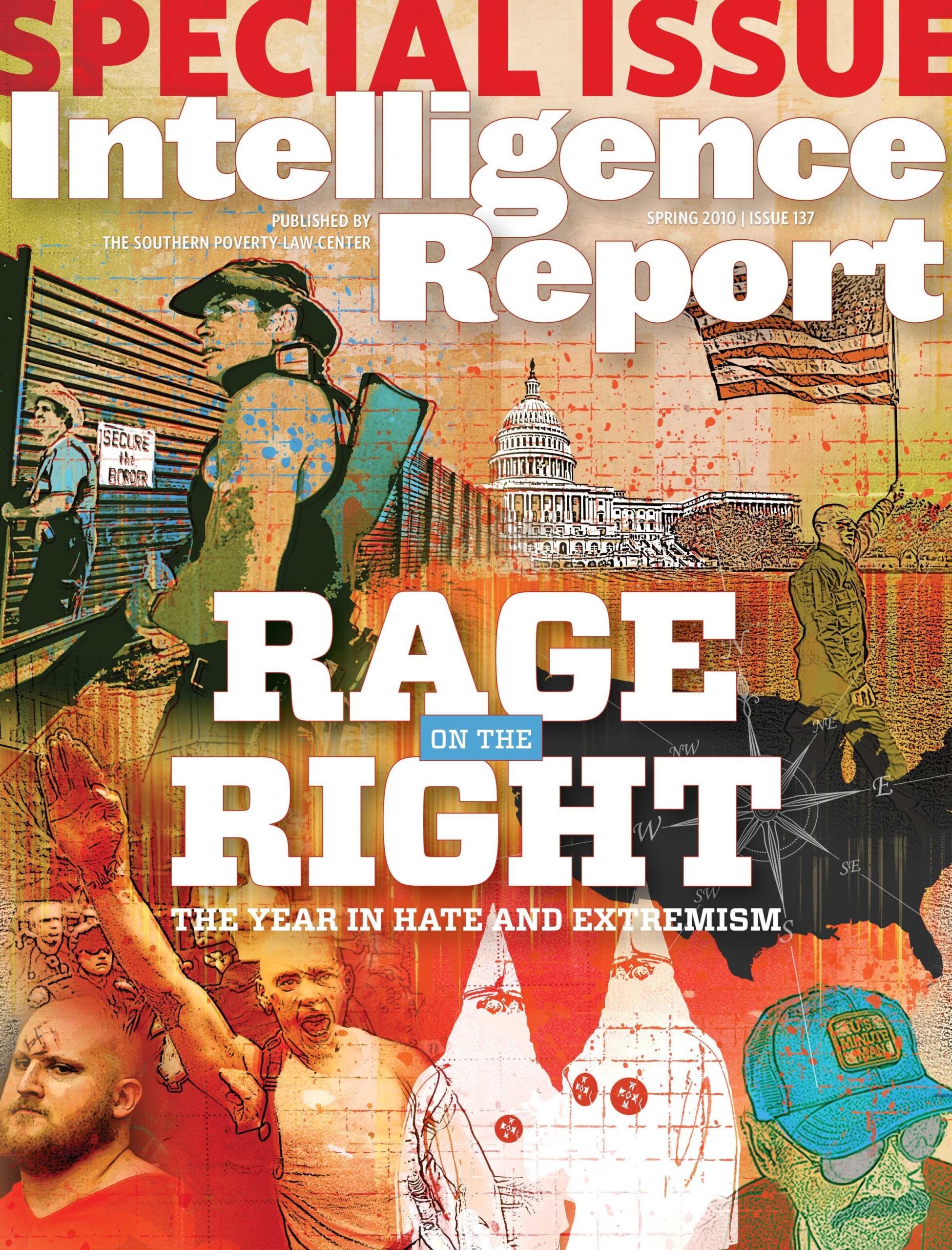Egged on by cheers and interrupted by standing ovations, one-time GOP vice presidential candidate Sarah Palin told the first National Tea Party Convention in Nashville this February that President Obama’s spending was “immoral” and amounted to “theft.”
Egged on by cheers and interrupted by standing ovations, one-time GOP vice presidential candidate Sarah Palin told the first National Tea Party Convention in Nashville this February that President Obama’s spending was “immoral” and amounted to “theft.” She said America needed politicians “to proclaim their alliance to our Creator.” She opined that the Democrats were “running out of time.”
And then she got to the punch line: “America is ready for another revolution.”
Presumably, Palin was speaking in metaphors, as she apparently did when she accused the president of trying to set up “death panels” to decide which Americans will live and which will die. But it’s hard to say. More than a few tea partiers and attendees of town halls on health care have paraphrased Thomas Jefferson, saying the “tree of liberty” again needs “watering” with “the blood of tyrants.”
Palin’s provocative comments came as a new Rasmussen Reports poll showed that 75% of likely American voters were “angry” or “very angry” at the policies of the federal government, up from 66% in September. The poll also found that 88% of “mainstream voters” were angry, but 84% of the “political class” was not — another indication at how leaders are widely seen as completely out of touch.
The numbers are harrowing, and hearken back to the period around the 1995 bombing of the Oklahoma City federal building, when the antigovernment “Patriot” movement was at its hottest. A few days after that attack left 168 men, women and children dead, a USA Today poll found that fully 39% of Americans agreed with the proposition that the federal government was “so large and powerful that it poses an immediate threat to the rights and freedoms of ordinary citizens.”
This March, a CNN/Opinion Research Corporation poll asked precisely the same question and found that 56% of Americans now agree with that statement — a simply astonishing measure of how angry and suspicious we have become, even when compared to the period of the mass murder in Oklahoma. The Oklahoma attack was the culmination of political anger against the government that had been building for years over issues such as gun control, environmental regulation, the outsourcing of jobs and the purported crushing of dissent. Today, the fury is building again, this time over bailouts of banks and the auto industry, health insurance, the economy, government spending, and the country’s changing demographics.
And that anger has fueled a pervasive rage on the right — a rage reflected, as we report in this issue, in the dramatic growth of radical groups. Hate groups last year remained at record levels despite the collapse of a major neo-Nazi group. Anti-immigrant vigilante groups soared by nearly 80%. And, most dramatically, militias and the larger Patriot movement came roaring back, with 363 new militias and related groups appearing in 2009 for a dizzying 244% increase.
These three strands of the radical right — the hatemongers, the nativist extremist groups, and the Patriot organizations — are the most volatile elements on the American political landscape. Taken together, their numbers increased by more than 40%, rising from 1,248 groups in 2008 to 1,753 last year.
Although the tea parties and similar nascent groups are not fairly described as extremist, they are laced with extreme-right ideas, conspiracy theories and racism, in part thanks to certain ostensibly mainstream commentators and politicians. One example: U.S. Rep. Michele Bachmann (R-Minn.), who was to speak at the Nashville tea party convention but withdrew after a House ethics committee raised questions about how profits from the event would be used. Bachman has proposed that the Congress be investigated for anti-Americanism, suggested that Obama is trying to create mandatory political reeducation camps for youths, and accused her enemies of harboring a “socialist, globalist worldview.”
One politician who was invited to the convention and did speak — his talk was the gathering’s first — left little doubt about his own racism. Tom Tancredo, a former Republican congressman from Colorado and possibly the most rabid anti-immigrant politician in America, told the convention: “People who could not spell the word ‘vote’ or say it in English put a committed socialist ideologue in the White House — [his] name is Barack Hussein Obama.”
The problem, Tancredo explained, is that “we do not have a civics, literacy test before people can vote.”
Literacy tests were long used to prevent African Americans from voting but were finally outlawed by the Voting Rights Act of 1965. As an editorial in the Baltimore Sun pointed out, Tancredo referenced literacy tests in the context of attacking a black president. “That’s not some slip of the tongue or moment of political incorrectness,” the paper said. “That’s the stuff of Klan rallies.”



